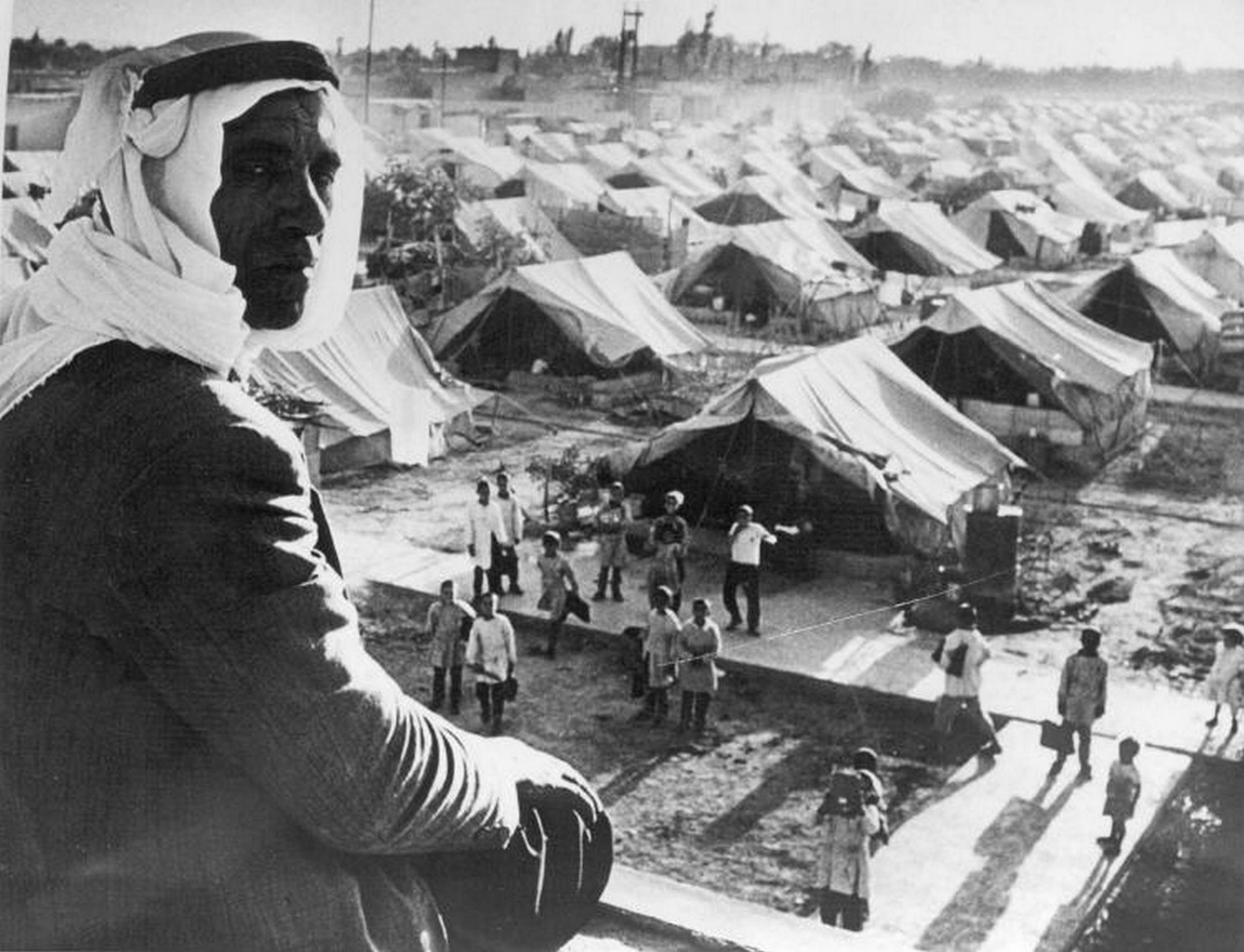May 15th marks 75 years since the Nakba, or “catastrophe,” when roughly 750,000 Palestinians—some two-thirds of Palestine’s Arab population—were forced to flee their homes over the course of Israel’s creation in 1948. Three-quarters of a century later, the number of Palestinian refugees now stands at over 8 million, including those displaced in 1948 and 1967, making them the largest and oldest unsettled refugee population in the world. Although regarded by many as the “original sin” of the Israeli-Palestinian conflict and officially designated as one of the core issues of the Israeli-Palestinian peace process, the Palestinian refugee problem has long been sidelined by Israel, the peace process agenda, and even Palestinian leaders themselves.
Why has the Palestinian refugee problem persisted for as long as it has? How central is its resolution to the question of Palestinian-Israeli peace? Why are some in Israel and the United States seeking to do away with the refugee issue altogether? What lessons does the 1948 Nakba offer for vulnerable Palestinian communities today?
To shed light on these and other questions, the Middle East Institute (MEI) is pleased to invite you to join a special webinar discussion.
Speakers
Leila Hilal
Human rights and conflict resolution expert; Consulting advisor to the Carter Center
Ahlam Muhtaseb
Professor of media studies at California State University, San Bernardino (CSUSB)
Josh Ruebner
Director of Government Relations at the Institute for Middle East Understanding (IMEU)
Lubnah Shomali
Advocacy Manager for BADIL Resource Center for Palestinian Residency and Refugee Rights
Khaled Elgindy, moderator
Senior Fellow and Director of the Program on Palestine and Palestinian-Israeli Affairs, Middle East Institute
Detailed Speaker Biographies
Leila Hilal
Leila Hilal is a human rights and conflict resolution expert. She serves as a consulting advisor to the Carter Center’s peace programs and private foundations. She previously advised the Commissioner General of UNRWA and Palestinian negotiators on durable solutions for Palestinian refugees. She has lectured on refugee rights at Oxford University and Tel Aviv University and published on transitional justice scenarios for peacebuilding between Palestinians and Israelis. She holds a J.D. from SUNY Buffalo School of Law and an LL.M. from Harvard Law School.
Ahlam Muhtaseb
Dr. Ahlam Muhtaseb is a professor of media studies at California State University, San Bernardino. She has an M.A. in Journalism and a Ph.D. in Digital Communication from the University of Memphis, Tennessee. Her research interests include digital communication, digital resistance & decolonization, social justice and diasporic communities. Her research has appeared in national and international publications, such as the Journal of Computer-Mediated Communication and Arab Studies Quarterly, and has been presented at national and international conferences. Her documentary 1948: Creation & Catastrophe was screened at over 20 film festivals and at universities and community organizations throughout the world. The film, co-produced and co-directed with Andy Trimlett, focuses on the year 1948 and its catastrophic consequences for the Palestinian nation; it originated from her field work in the Palestinian refugee camps in Lebanon, Syria, and Palestine. She won the 2019 Rebuilding Alliance “Story Teller” Award. The film also won the Jerusalem International Film Festival’s 2019 Special Jury Award in the Feature Documentary category. She is working currently on a study of Palestinian digital resistance and decolonizing digital spaces as well as on a documentary on the three young Muslims murdered in Chapel Hill in 2015.
Josh Ruebner
Josh Ruebner is Director of Government Relations at the Institute for Middle East Understanding (IMEU) and Adjunct Professor of Justice and Peace Studies at Georgetown University. Ruenber is a PhD candidate at University of Exeter’s European Centre for Palestine Studies, where he is writing a dissertation entitled “‘A Tragedy of Catastrophic Proportions’: The US and the Palestinian Nakba, 1947-1950.” He is the author of Shattered Hopes: Obama’s Failure to Broker Israeli-Palestinian Peace, and Israel: Democracy or Apartheid State? He is a former Analyst in Middle East Affairs at Congressional Research Service.
Lubnah Shomali
Lubnah Shomali is Advocacy Manager for BADIL Resource Center for Palestinian Residency and Refugee Rights, a Palestinian human rights organization dedicated to defending and promoting the rights of Palestinian refugees and internally displaced persons (IDPs) and a leading resource on historic and contemporary forcible transfer of Palestinians. She has been working with BADIL since 2012 and is responsible for overseeing donor relations, fund development, research, and advocacy. Ms. Shomali has a bachelor’s degree in Molecular Biology and a Masters of Business Administration from the University of Michigan.
Image by Universal History Archive via Getty Images












